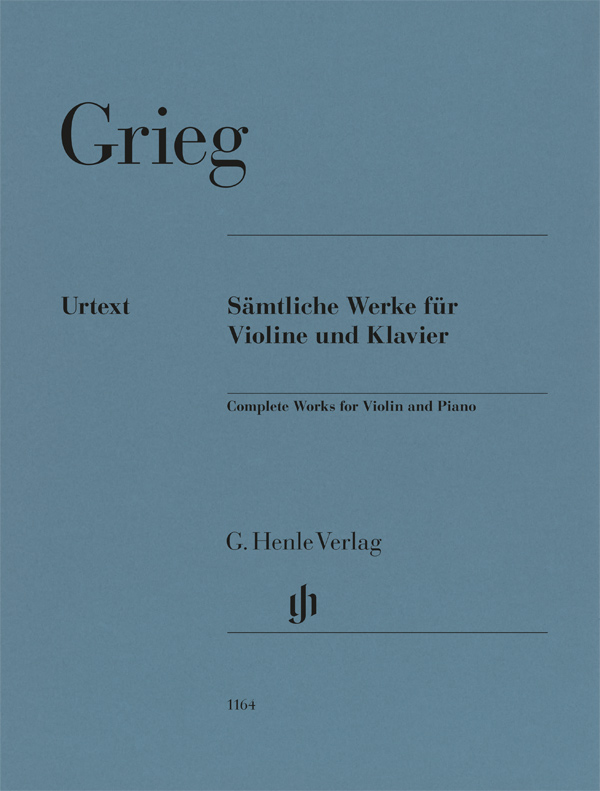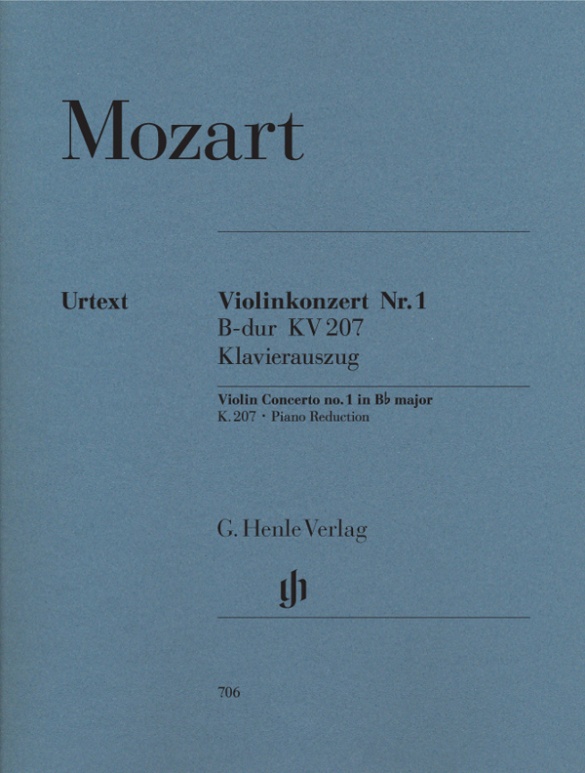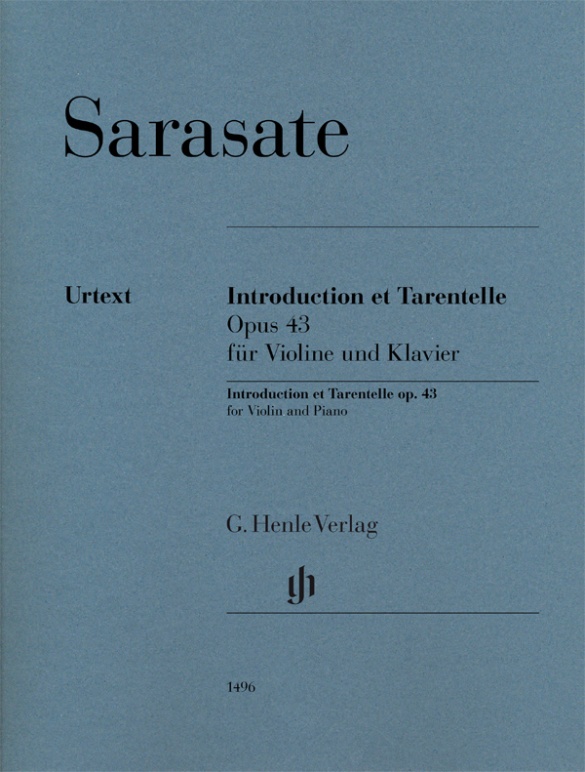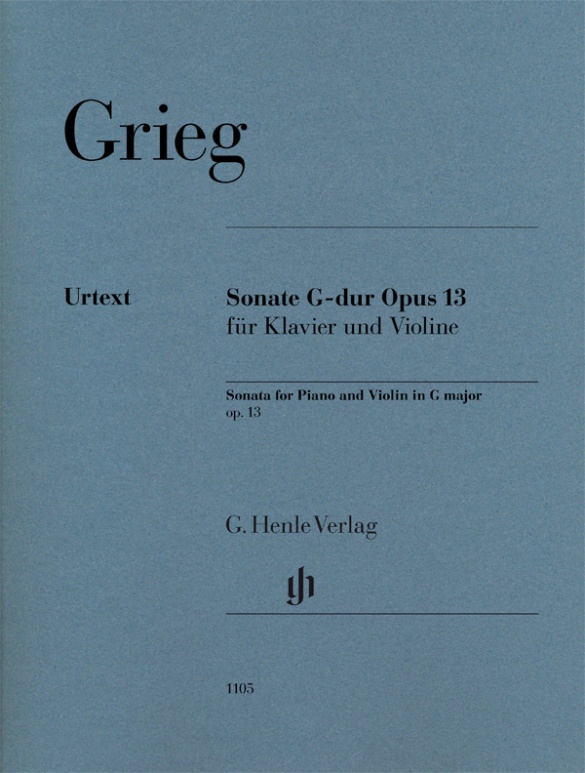

Edvard Grieg
Violin Sonata G major op. 13
Of Grieg’s three violin sonatas, the great C-minor Sonata op. 45 is the best known today. And unjustly so, because the two early sonatas are captivating in their joy to play and their fresh, youthful tone. And what is more, they can also be played by advanced students due to their somewhat lesser technical demands. Written in 1867, the G-major Violin Sonata op. 13, palpably draws on Grieg’s enthusiasm for Norwegian folk music; the lively outer movements in particular take as their model the traditional “jumping dance.” Aside from the second print edition of 1887 revised by Grieg himself, the autograph manuscript in Stockholm was also consulted for this edition, thus offering an optimally ascertained musical text.
Content/Details
(Explanation)
About the Composer
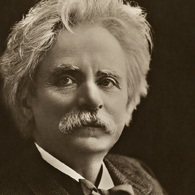
Edvard Grieg
Most important Norwegian composer of the nineteenth century and promoter of Norwegian folk music. His lyrical character pieces in particular are well known.
| 1843 | Born in Bergen on June 15, the son of a merchant and British consul; early piano lessons with his mother, who was a pianist. |
| 1858–62 | Studies at the Leipzig Conservatory. |
| 1862 | Concerts in Norway. |
| 1863 | Copenhagen, with the support of Niels W. Gade. |
| from 1864 | Interest in Norwegian folk music, which finds its way into his compositions. |
| 1866 | Breakthrough with a concert of Norwegian music. Conductor of the Philharmonic Society. |
| 1867 | The first of a total of ten volumes of Lyric Pieces for piano, Op. 12, with relatively simple piano settings. |
| 1868/69 | Composition of the Piano Concerto in A minor, Op. 16, which is based on Schumann’s piano concerto. |
| 1869 | “25 Norwegian Folk Melodies and Dances,” Op. 17, for piano. |
| 1873 | Begins work on the opera “Olav Trygvason,” Op. 50, after Bjørnson, which is never completed. |
| 1874 | Composition stipend from the state. |
| 1874/75 | Composition of incidental music to Ibsen’s “Peer Gynt,” Op. 23, the basis for the Peer Gynt Suites. |
| 1876 | Attends the premiere of Wagner’s “Der Ring des Nibelungen” in Bayreuth. |
| 1880–82 | Conductor of the “Harmonien” musical society in Bergen. Thereafter he accepted no other positions. |
| 1883 | Visit to Bayreuth; he hears Wagner’s “Parsifal.” |
| 1884 | Composition of “From Holberg’s Time,” Op. 40, his most popular work. |
| from 1885 | He moves into his villa “Troldhaugen” (near Bergen). Composition and revision of older works in spring and summer, concert tours in fall and winter. |
| 1891 | Composition of the “Lyric Suite,” Op. 54, orchestrated in 1905. |
| 1907 | Death in Bergen on September 4. |
About the Authors
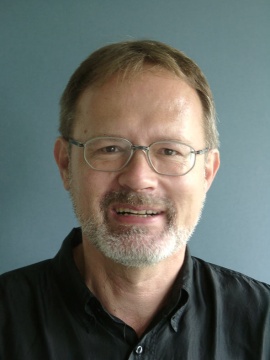
Ernst-Günter Heinemann (Editor)
Dr. Ernst-Günter Heinemann, born in 1945 in Bad Marienberg (Westerwald), completed his schooling in Gießen and read musicology, philosophy and German in Marburg and Frankfurt/Main and also for some time Protestant church music. He did his doctorate on “Franz Liszts geistliche Musik. Zum Konflikt von Kunst und Engagement”.
From 1978–2010 Heinemann worked as an editor at G. Henle Publishers (in 1978 in Duisburg, from 1979 onwards in Munich). He edited a great many Urtext editions for the publishing house, including “Das Wohltemperierte Klavier”, Volume 1 by Bach and all of Debussy’s piano works. In addition, he wrote essays on Debussy, Grieg, Liszt, Mendelssohn and questions concerning general editing, as well as giving seminars on editorial practice for musicology students in Munich.
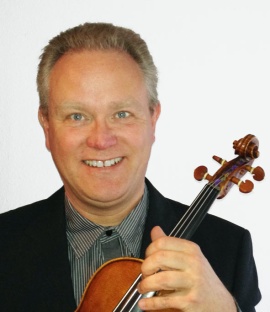
Ernst Schliephake (Fingering and bowing for Violin)
Ernst Schliephake was born in 1962. At the age of seven he was already a state prize-winner in the category violin at the young people’s music competition “Jugend musiziert”; the following year he achieved the same result with the clarinet. He was taught by Klaus Speicher and Heinz Hepp (violin and clarinet) and studied the violin in 1979 with Prof. Lukas David in Detmold, working as his assistant between 1983 and 1985. Aside from playing the violin in Tibor Varga’s chamber orchestra, he also played many chamber concerts with him, predominantly as a clarinettist. A master-class with Ruggiero Ricci 1981, led to an intensive collaboration and friendship.
Since 1986 he has been a violinist with the Düsseldorf Symphony Orchestra, the Bavarian Radio Symphony Orchestra and the Bavarian State Opera, and since 1989 has been the associate concertmaster with the Munich Symphony Orchestra.
Product Safety Informations (GPSR)

G. Henle Verlag
Here you can find the information about the manufacturer of the product.G. Henle Verlag e.K.
Forstenrieder Allee 122
81476 München
Germany
info@henle.de
www.henle.com
recommendations
autogenerated_cross_selling
Further editions of this title
Further editions of this title


